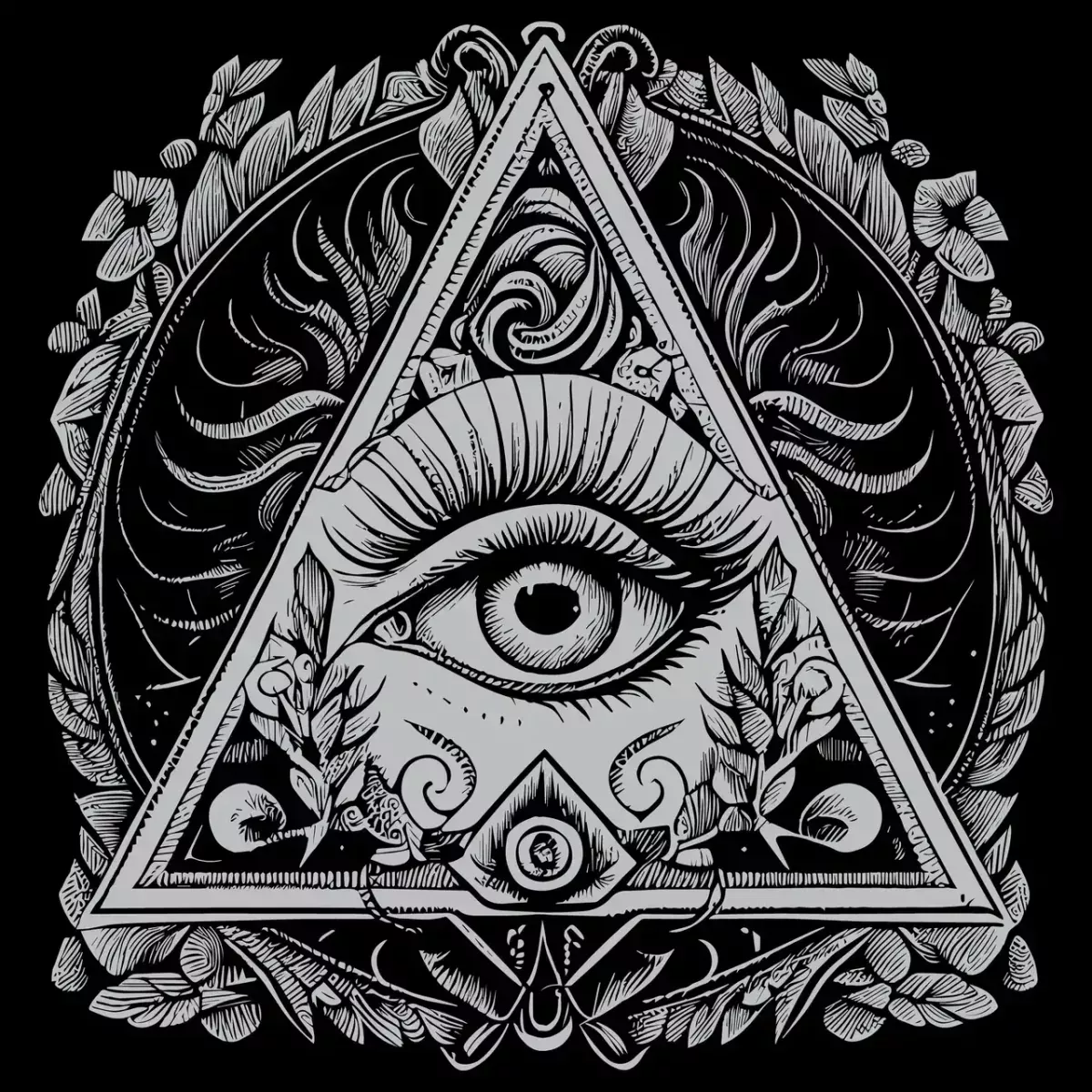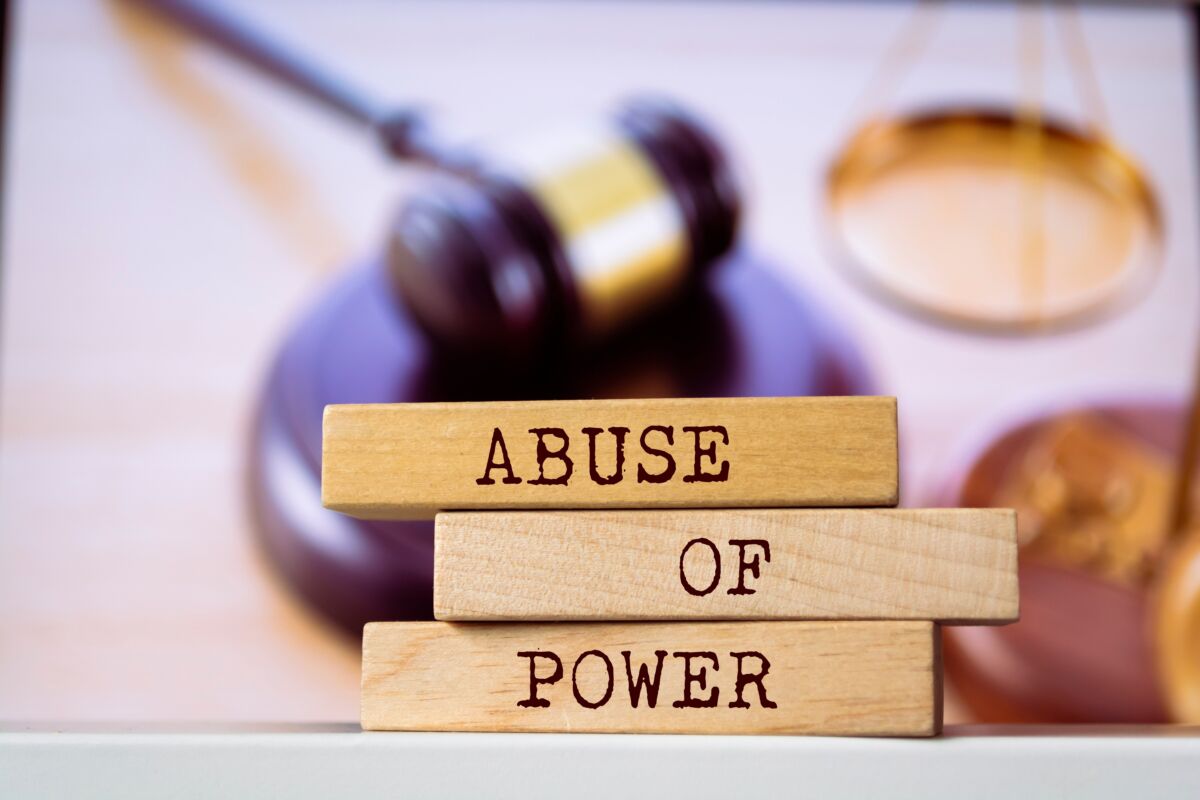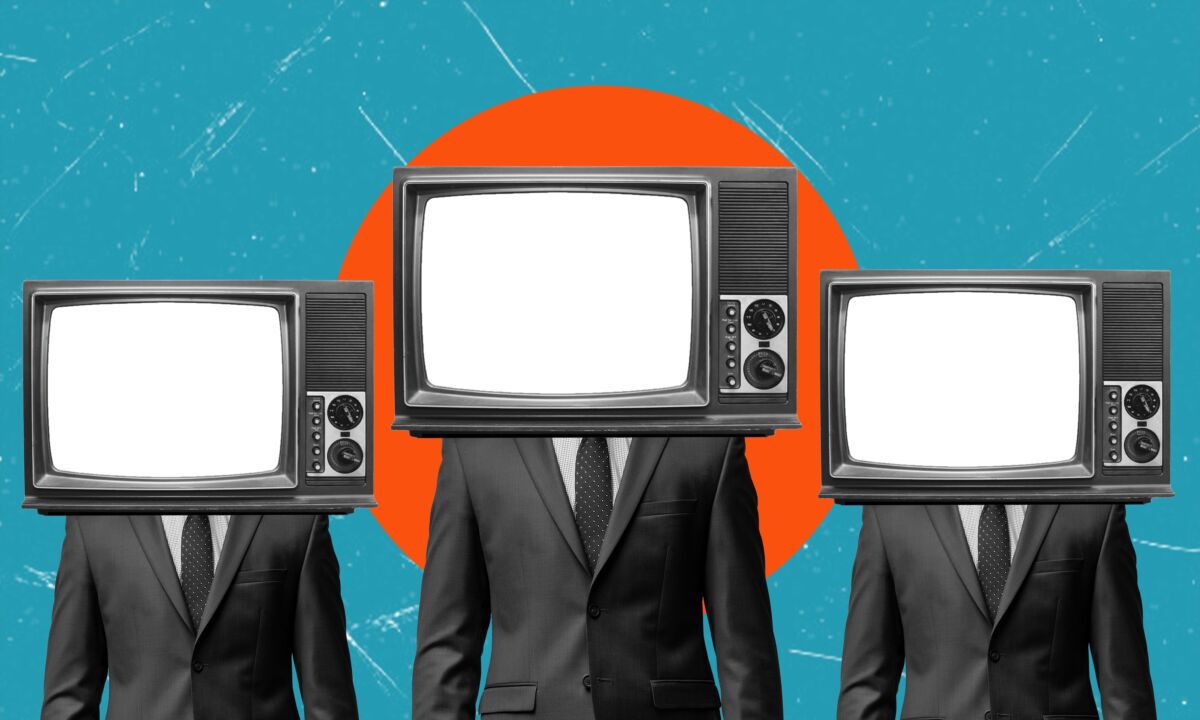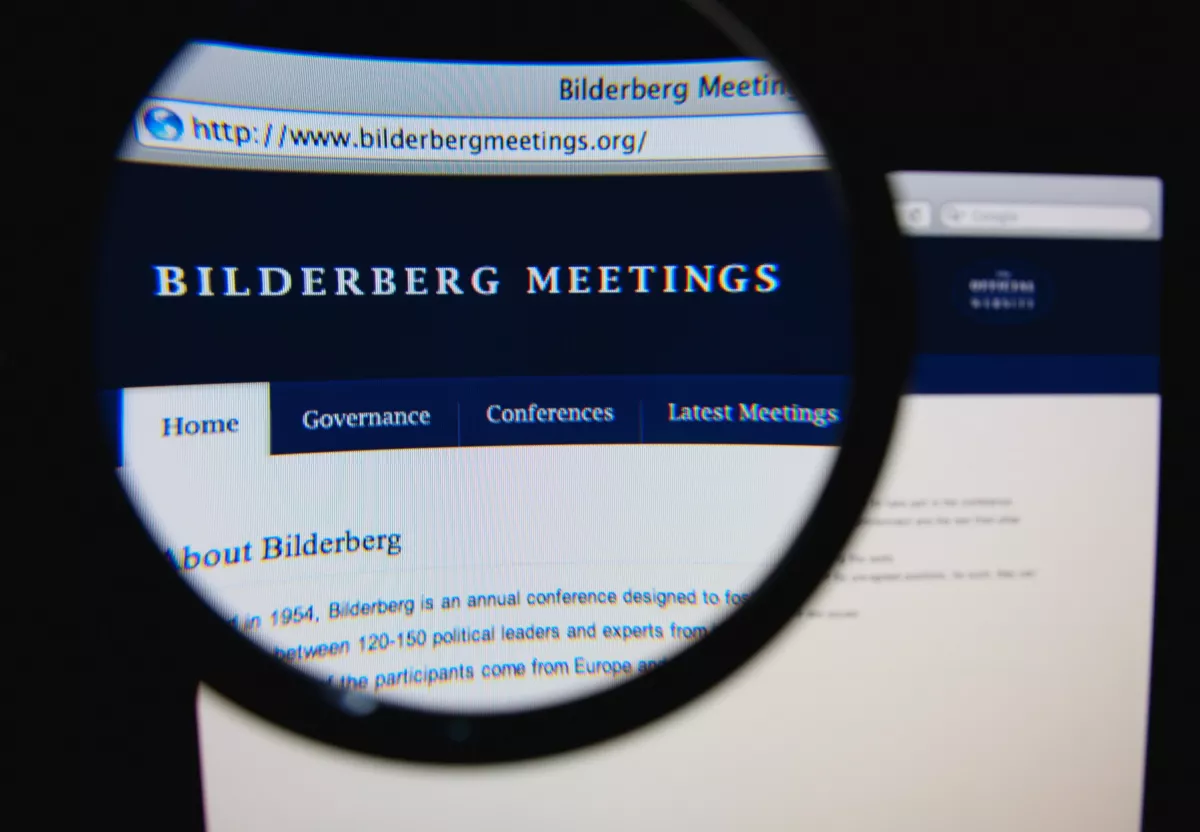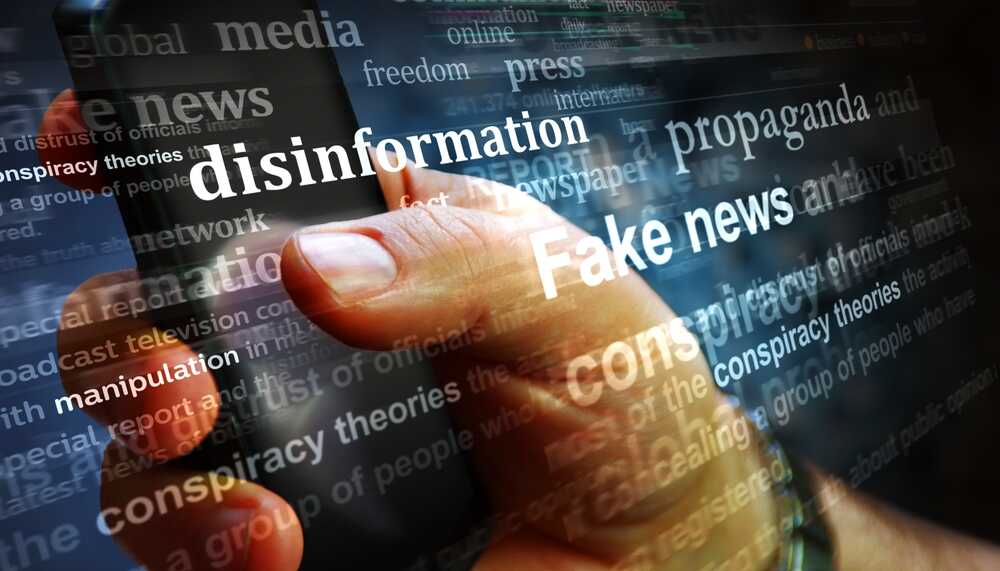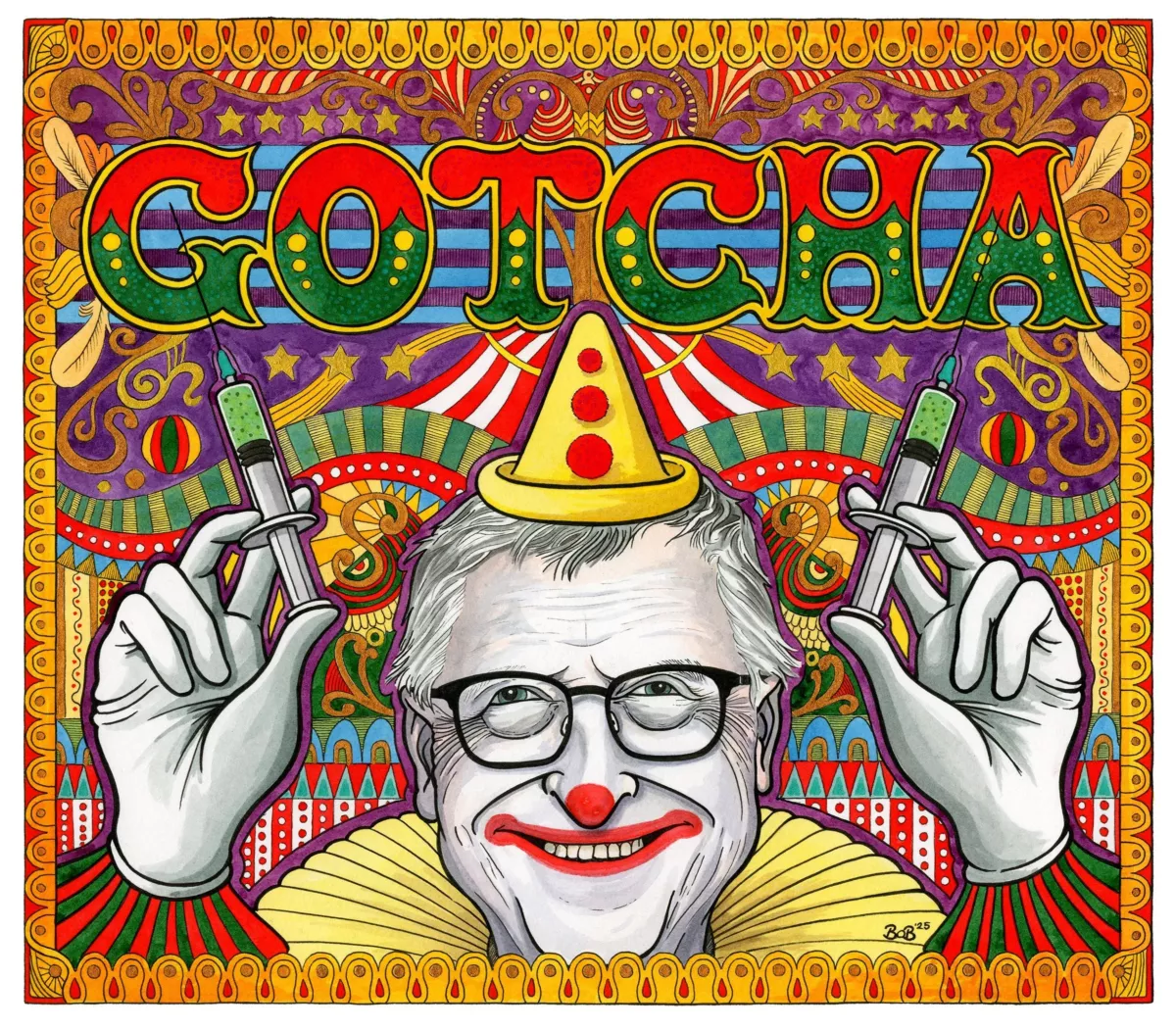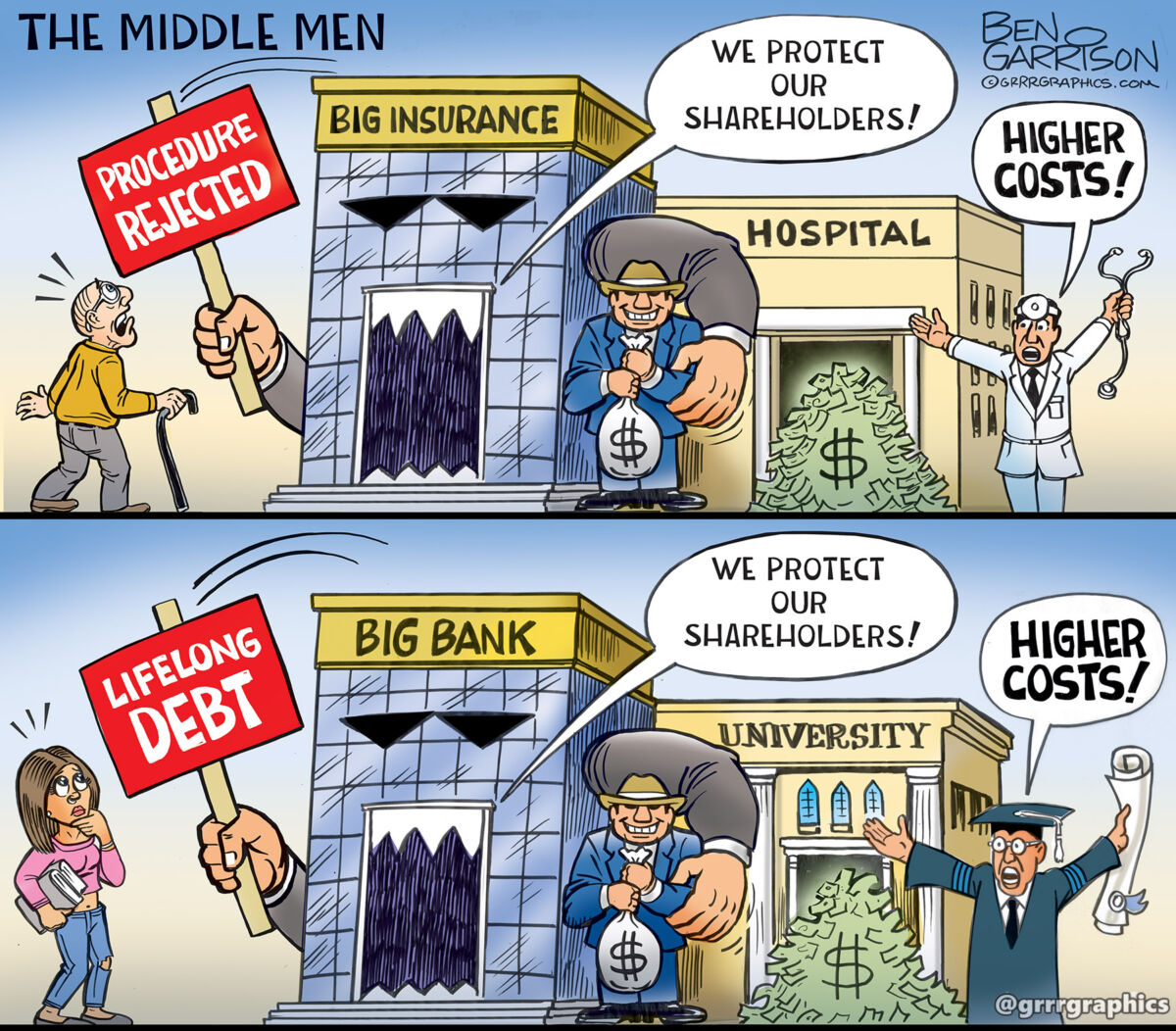A Beginner’s Guide to the Phrase “Conspiracy Theory”
I want to splinter the CIA into a thousand pieces and scatter it to the winds. —John F. Kennedy
Throughout the pseudopandemic, the phrase “conspiracy theorist” soared through the zeitgeist. Suddenly, anybody found questioning any official story was deemed a “conspiracy theorist” worthy of censorship and, in some instances, jail time.
Many of my podcasts questioning the existence of COVID-19, for example, were censored and even reported to authorities for “misinformation.”
Don’t lose touch with uncensored news! Join our mailing list today.
Why?
The CIA is the world’s most efficient distributor of disinformation.—John Stockwell, former CIA Station Chief in Angola
The establishment—media plus government plus academia—told us not to do our own research because, well, you know, thinking critically means not being dependent on “the experts” and we can’t have that.
Trust the experts, bro.
Don’t ask questions, bro.
Quick history
The phrase “conspiracy theory” first appeared in academic discourse in the 19th century. It referred to the study and analysis of conspiracies, often focusing on political intrigue and secret plots. Initially, the term had a neutral or even positive connotation, highlighting the importance of investigating covert activities.
Or what was once fondly known as “journalism.”
Then, in the 20th century, the phrase began to take on a more negative tone, thanks to the CIA.
The CIA has consistently lied to the American public and even Congress about its activities. —William Blum, author
Warren Commission
Why does the phrase “conspiracy theory” unsettle so many people? The answer is effective propaganda. Since the 1960s, proaganda has been used to discourage discussion or investigation into numerous events (from JFK’s assasination, to the Apollo Missions, to COVID™).
The Warren Commission was a sham. It was a political cover-up from the start. —Gerald Posner, author
Following growing public doubt over the Warren Commission’s conclusions on JFK’s assassination, the CIA issued a comprehensive directive to its stations.
To be clear, the general public did not believe the official story that Lee Harvey Oswald killed JFK.
The Warren Commission, set up by President Lyndon B Johnson on 29 November 1963, was tasked with investigating the assassination of JFK, which occurred on 22 November 1963.
Titled Countering Criticism of the Warren Commission Report, this memo massively contributed to the use of “conspiracy theory” as a term to discredit those who question the government’s secret operations and policies. Ironically, the Warren Commission’s namesake, Chief Justice Earl Warren, likely knew about the coverup.
In other words, the CIA did not want people questioning the assassination of JFK and wanted, instead, to control public discourse, which led to the implementation of Operation Mockingbird. Even Lee Harvey Oswald’s lawyer suspected foul play.
CIA directive
The directive, known as Document 1035-960, was released by the CIA in 1976, after a FOIA (Freedom Of Information Access) request by the New York Times, in which it details a series of actions and techniques for “countering and discrediting the claims of the conspiracy theorists, so as to inhibit the circulation of such claims in other countries.”
One example was to remind “friendly elite contacts (especially politicians and editors)” about the accuracy and soundness of the Warren Commission Report, and that “further speculative discussion only plays in to the hands of the [Communist] opposition.”
The CIA’s attempts to plant disinformation about Oswald and shape the Warren Commission’s findings is evidence of their involvement in the assassination. —James Douglass, author
Basically, if one challenged the government’s story, then one was an evil commie.
The CIA also told its members “[t]o employ propaganda assets to [negate] and refute the attacks of the critics. Book reviews and feature articles are particularly appropriate for this purpose.”
It’s a compliment
The phrase “conspiracy theorist” is now a regularly used pejorative. When people use it as a way to shut down conversation, they are inadvertently playing into the hands of the CIA.
The truth is that being labelled a “conspiracy theorist” is a compliment because it means that one is not outsourcing one’s critical thinking.
Search for truth and ignore the labels.
When the phrase “conspiracy theorist” gets thrown around, the CIA smiles.
Originally published at jermwarfare.com

